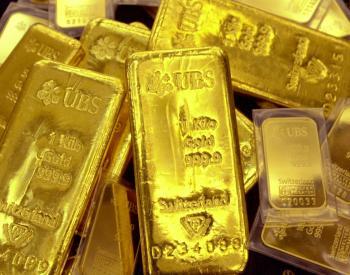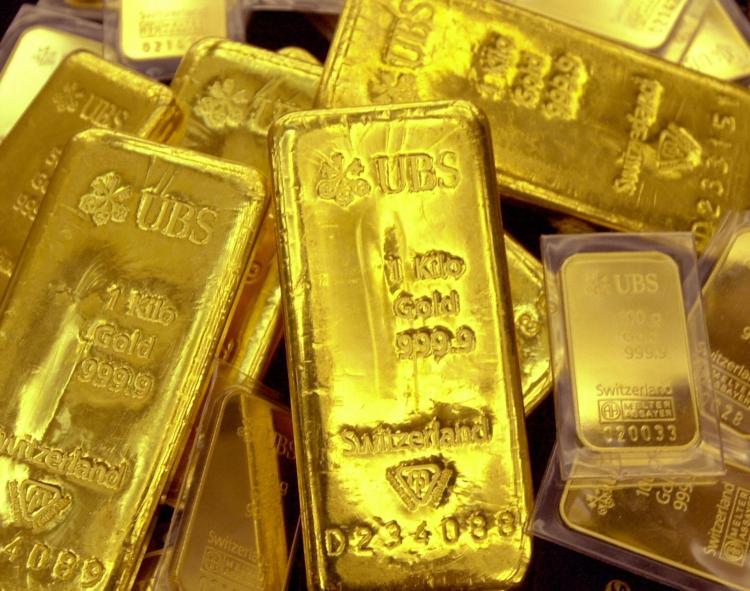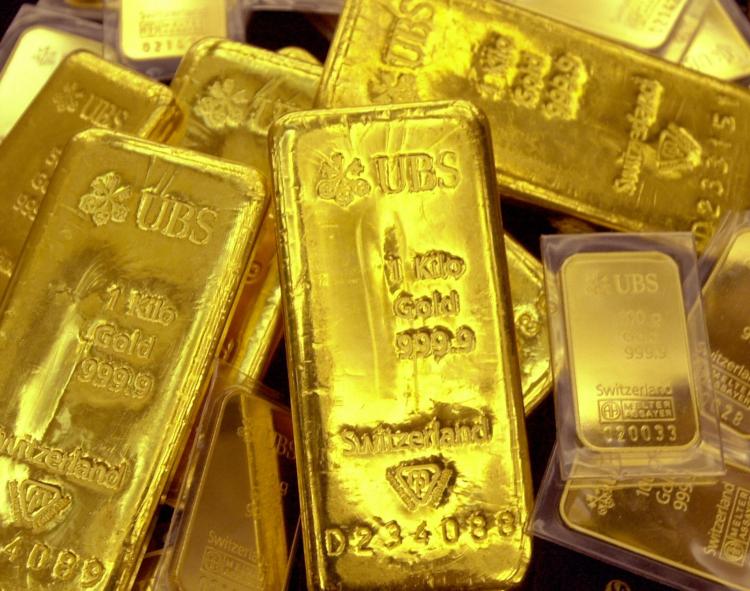Opinion
Financial Cycle and the Coming Collapse
Investor Walter Eichelburg gives a pragmatic view of the future, using the past. Banks and governments are responding exactly as they did 70 years ago to similar events. It appears we are bound to repeating historical folly.

Viennese investor Walter Eichelburg predicts gold prices will rise over $3000 an ounce. JUNG YEON-JE/AFP/Getty Images
|Updated:





